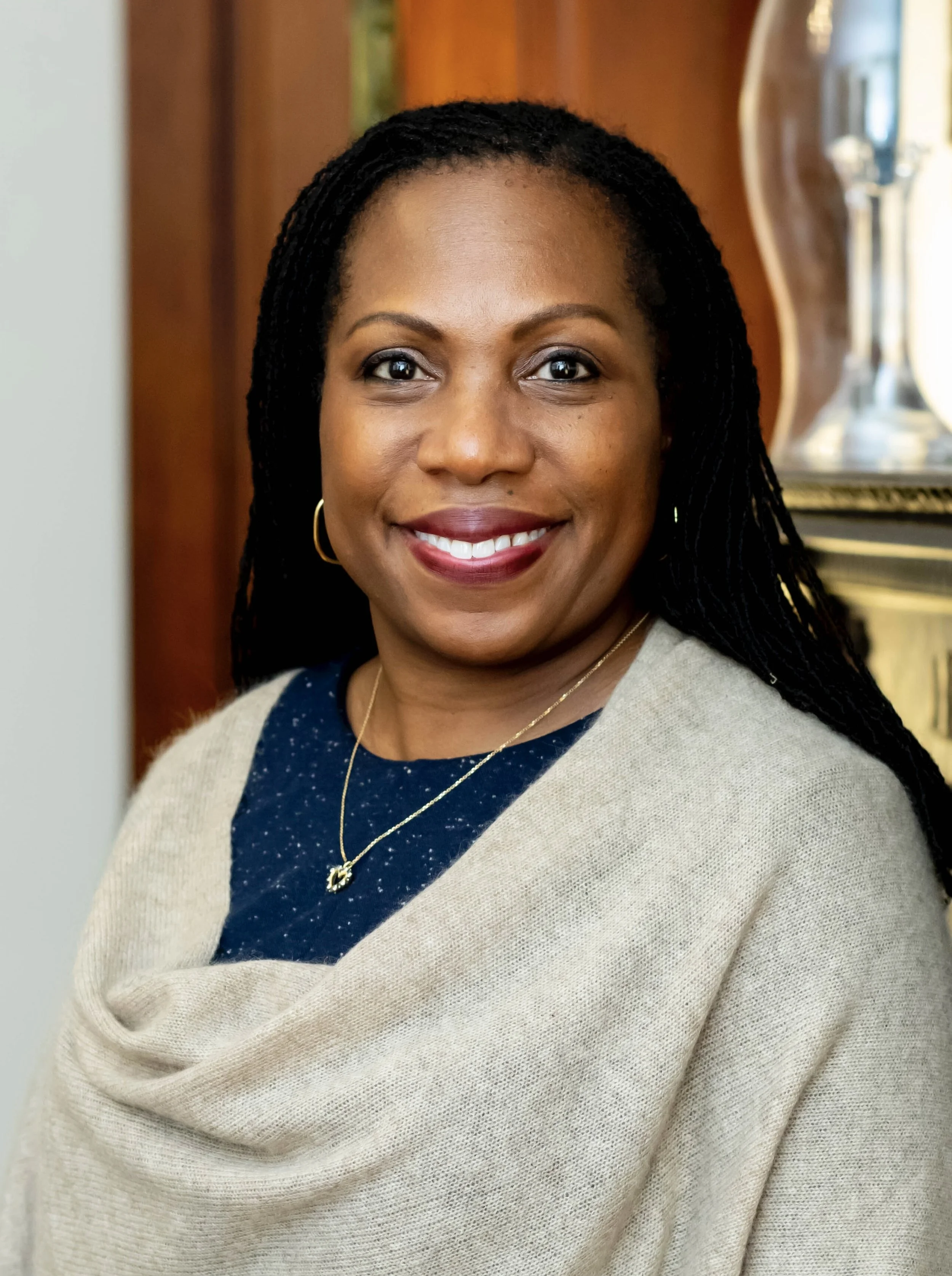Political novice unseats ruling parties bid for South Korea’s presidency By Jordan Conestabile
Political novice Yoon Suk-yeol recently won South Korea’s highly contested Presidential election by less than 1% of the vote. Yoon as a member of the oppositions Conservative People’s Power Party won 48.56% of the vote against 47.83% taken by the nation’s ruling Liberal Democratic Party, making it the slimmest margin in a South Korean Presidential election.
In his victory speech to the people, Yoon pledged that he would respect the nation’s Constitution and Parliament and would work with the opposition party to serve the people of South Korea honorably, referring to his victory as being a victory for the people of South Korea. Yoon will begin serving his single 5 year term of office in May. Yoon’s rise in notoriety came from his successful prosecution of the former Conservative Party President Park Gean-hye on charges of bribery and corruption.
Yoon Suk-yeol (wikipedia)
Yoon’s agenda will differ from his predecessor, as his agenda calls for taking a stronger stance with the North Korean government, while fostering security and cooperation with the United States and Japan in neutralizing the globe against nuclear threats. Enhancing relationship with the United States will be a priority of Yoon’s foreign policy agenda, while taking a firmer position with the Chinese government. It is apparent that his biggest challenges that lay ahead will not only come from a harder line position he proposes to implement with China and North Korean, but from the challenges that his administration will face as he pursues domestic policies with a Parliament which is still controlled by the Liberal Democratic Party.
His agenda moving forward will differ from his predecessor who avoided taking a firm stance in fear of causing tension with Chinese government, South Korea’s largest trading partner. South Korea-China relations have been stable with the so-called “Three-Nos” policy under the Moon administration. The policy includes no additional THAD deployments; no participation in the U.S. led strategic missile defense system and no trilateral military alliance with United States and Japan. With expectations of the “Three Nos” policy being scrapped, fears that the South Korea-China relations will deteriorate. Yoon strongly denounced the Three Nos policy, calling it a subservient and pro-China approach to diplomacy. Moon’s pledges serve to undercut South Korea’s sovereign right to protect its people.
Moon Jae-in (wikipedia)
It is expected that Yoon will move quickly to restore and reinforce the U.S.-South Korean alliance that suffered under the Moon administration. South Korea under his leadership will be getting closer U.S. by reversing the so called balanced diplomacy between the U.S. and China that was established under the Moon administration.
Yoon will be facing additional challenges associated with an economy facing slow economic growth, rising income inequality amongst the people and a health crisis associated with the rapid rise of the omicron variant, which affected 340,000 individuals on Wednesday.
In his victory speech to the nation, Yoon said he learned what was needed to be a leader of his country and the importance of listening to the needs of the people. He noted that now the election is over and it is time for the nation to come together as one for the people and the Republic of Korea. Yoon’s focus now will be on bringing national unity to the people of South Korea, and to have all treated equally regardless of political, regional or social economic differences.
Jordan Conestabile is a Political Science student at Utica University







